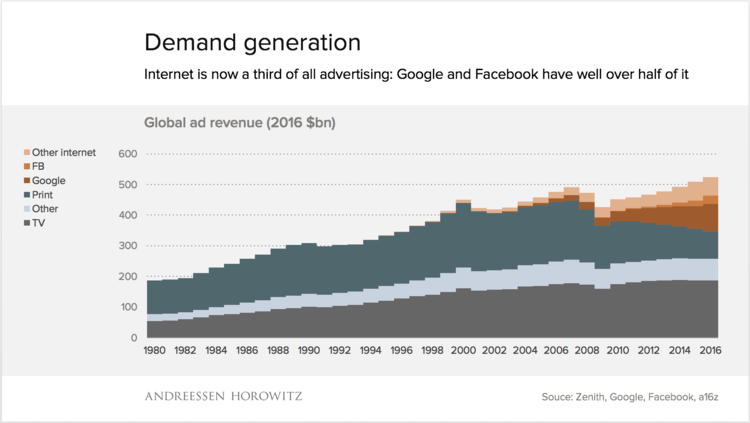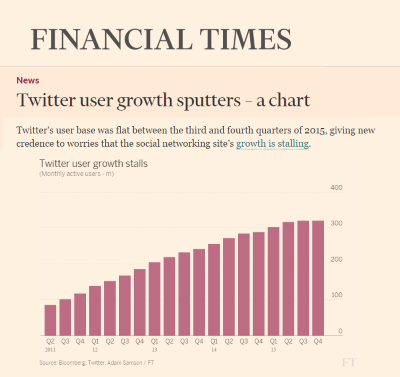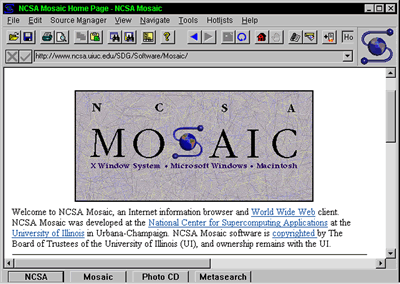Note: This post was written on August 17, 2017. I was living in Charlottesville, Virginia at the time; I had been based there since 2011 and would end up living there until 2019. Unfortunately, 5 days before this post was written, a tragedy happened in my town. This was my attempt to provide an alternative perspective on Charlottesville, the town, when this specific (terrible) tragedy on a specific (terrible) day became all anyone knew about it in the national headlines for months and years on end.
tl;dr — This New York techie moved to Charlottesville six years ago and witnessed a vibrant tech ecosystem develop. Though Charlottesville has some deep social problems, it’s also a place of creativity and optimism. Its best communities will prevail.
After spending my childhood, teenage years, college years, and early working years in and around New York City, in 2011, I was ready for a change. My wife was applying to medical schools across the country, and I was in the early stages of running my tech startup as a fully remote/distributed team.

I think prior to the tragic events of Saturday, August 12, most life-long New Yorkers I know rarely gave much thought to Charlottesville, Virginia. Maybe they would hear the occasional news story about it, or had a friend, or friend of a friend, who attended the University of Virginia. But, for the most part, the locale occupied very little room in their brain — perhaps none — as was the case for me in 2011.
Continue reading Charlottesville tech: a community that won’t be stopped by tragedy







